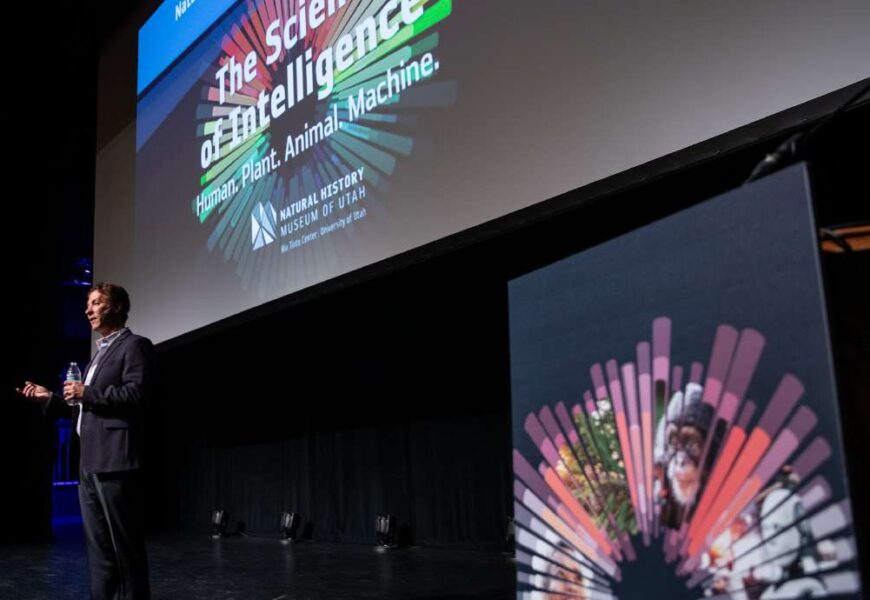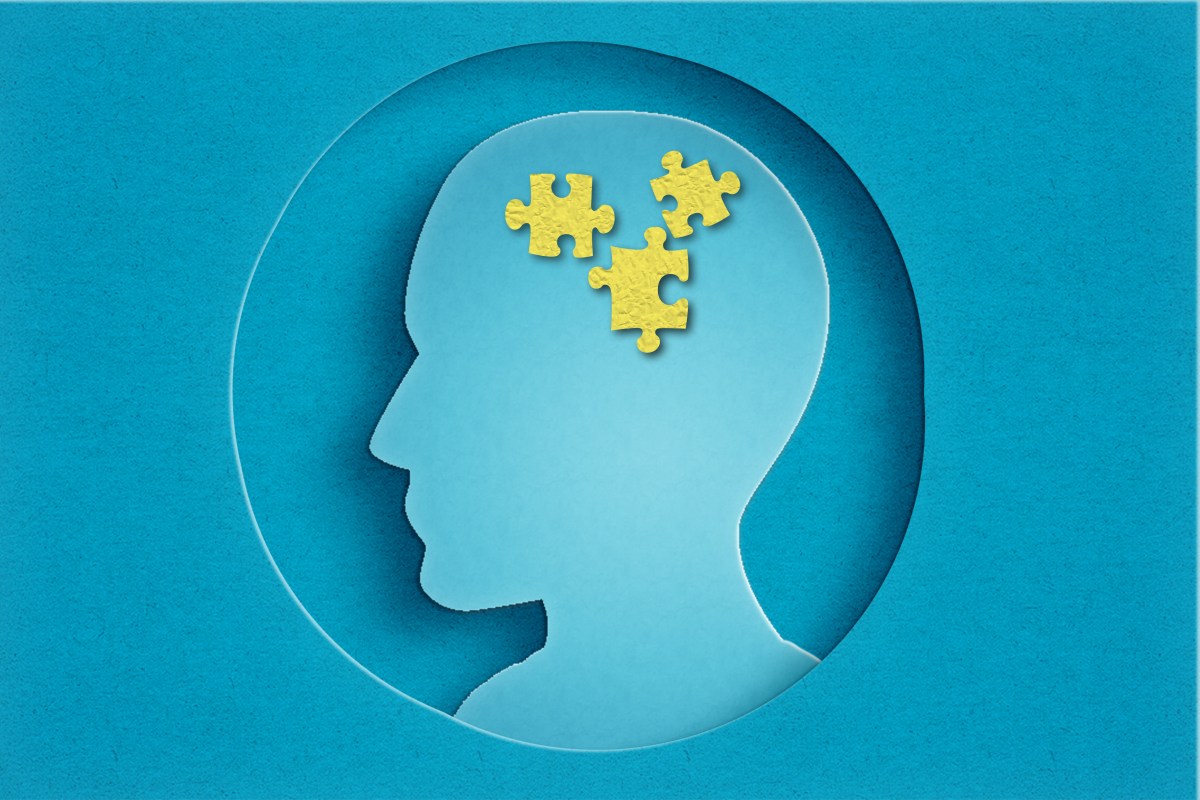SALT LAKE CITY — The concept of intelligence is under scrutiny in light of the rapid advancements in artificial intelligence and large language models. These technological innovations not only aid in scientific exploration but also offer a unique opportunity to delve into the essence of intelligence.
Renowned neuroscientist David Eagleman, currently a faculty member at Stanford University and a prominent author, raised thought-provoking questions regarding the integration of artificial intelligence into our world. Speaking at the University of Utah’s Kingsbury Hall as part of the Natural History Museum of Utah’s 2024 lecture series on intelligence, Eagleman emphasized the potential of AI as a tool for synthesizing vast amounts of information from the internet. He highlighted the role of advanced large language models, which can generate coherent responses by analyzing extensive data sets and understanding language structures.
Eagleman cautioned that the apparent intelligence of AI systems, such as ChatGPT, stems from their ability to process and regurgitate information rather than true comprehension or consciousness. Drawing parallels to the “Chinese Room Thought Experiment,” he illustrated how AI’s proficiency in mimicking human-like responses does not equate to genuine intelligence. Despite their prowess in data processing, these systems lack the capacity for independent thought or scientific discovery.
Proposing a new benchmark for assessing intelligence, Eagleman suggested that true intelligence should manifest in the ability to contribute to scientific advancements. He distinguished between two levels of scientific discovery: the first involves synthesizing existing knowledge to solve problems, while the second entails original conceptual breakthroughs, exemplified by luminaries like Albert Einstein and Charles Darwin.
Eagleman acknowledged AI’s burgeoning creativity in remixing and generating novel ideas but underscored its limitations in discerning human values and priorities. Looking ahead, he envisioned a future where AI collaborates with humans in scientific endeavors and offers personalized services, such as AI therapists tailored to individual needs, available round the clock.
In contemplating the evolving landscape of intelligence and technology, Eagleman’s insights shed light on the intricate interplay between artificial intelligence and human cognition, hinting at a future where innovation and discovery are shaped by a symbiotic relationship between man and machine.










